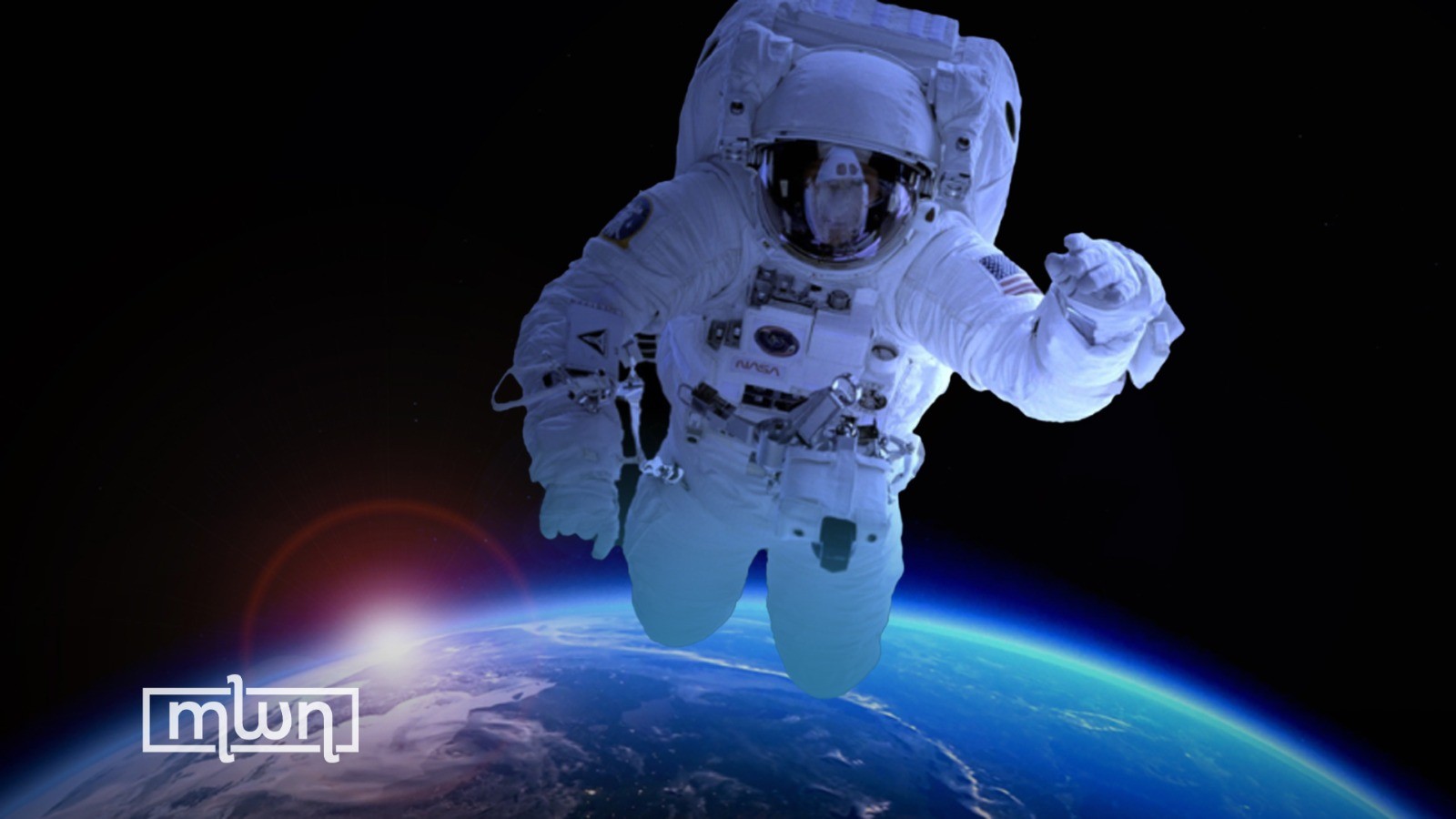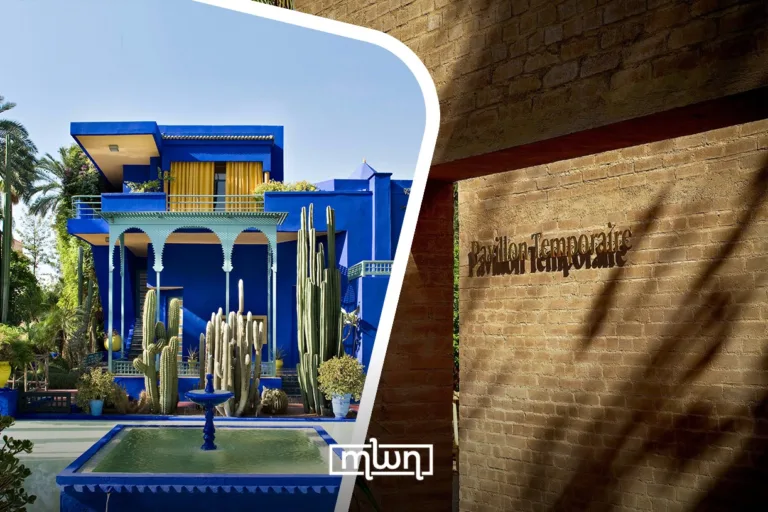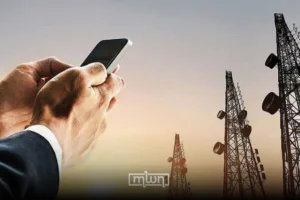Marrakesh – Space tourists are experiencing unexpected changes in their bodies similar to those faced by long-term astronauts, Nature Journal revealed in a study published last week.
According to new research, even brief jaunts into space trigger some of the same physiological transformations observed in astronauts who spend months orbiting Earth.
Researchers report that most of these changes returned to normal once the amateur space travelers were back on Earth.
NASA and other organizations have extensively studied the effects of space travel on astronauts, including those who spend a year on the International Space Station.
Space tourists have received less attention in studies. However, since the first tourist visit to the space station two years ago, opportunities for private space travel have significantly expanded.
Research on four space tourists, launched by SpaceX in 2021, delves into the molecular health effects of space travel, revealing fascinating insights into how the human body reacts and adapts to the final frontier.
Susan Bailey, a radiation expert at Colorado State University who participated in the research, noted that this three-day flight allowed scientists to closely observe how rapidly the body reacts and adapts to spaceflight.
During their time in space, the four passengers on the SpaceX Inspiration4 mission collected samples of blood, saliva, skin, and more.
Researchers analyzed these samples and discovered wide-ranging cellular shifts and changes to the immune system.
Most of these changes stabilized in the months following their return, indicating that short-term spaceflight did not pose significant health risks.
“This is the first time we’ve had a cell-by-cell examination of a crew when they go to space,” stated Chris Mason, researcher at Weill Cornell Medicine.
The research papers, now part of a comprehensive database, examine the impact of spaceflight on the skin, kidneys, and immune system.
According to Afshin Beheshti, a researcher with the Blue Marble Space Institute of Science, who took part in the work, these findings could help scientists develop strategies to counteract the negative effects of space travel.
Read Also: US Embassy Hosts First Space Camp in Morocco
















